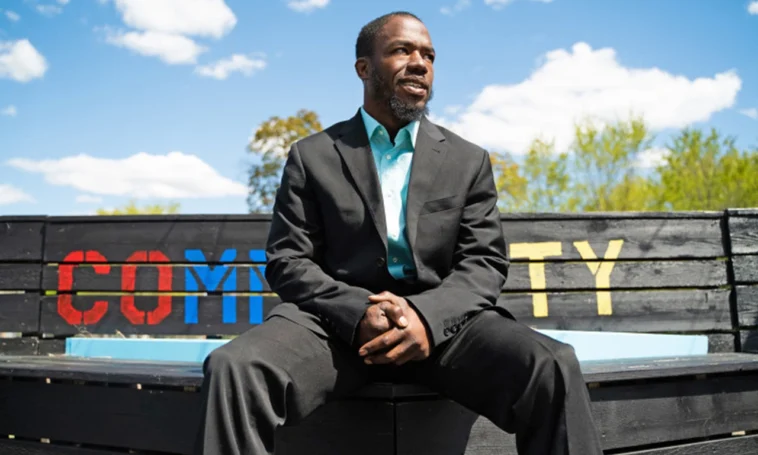The City of Minneapolis has reached a provisional settlement with a witness to George Floyd’s homicide. The tentative settlement between the city of Minneapolis and Donald Williams II, a pivotal witness to the murder of George Floyd, shines a light on the ongoing legal ramifications and pursuit of accountability following Floyd’s tragic death.
“The events of May 25, 2020, shook the nation and ignited a global outcry against police brutality and racial injustice, prompting profound scrutiny of law enforcement practices and societal attitudes towards Black individuals in the United States.”
Donald Williams II found himself thrust into the spotlight as a helpless bystander to the harrowing scene of Derek Chauvin kneeling on George Floyd’s neck for 9 ½ minutes. As a vocal witness, Williams’s testimony at Chauvin’s state trial played a crucial role in shedding light on the events leading up to Floyd’s death.
Williams’s efforts to intervene and his unwavering commitment to justice amid a tense and distressing situation underscored the profound impact of civilian eyewitnesses in holding law enforcement officers accountable for their actions.
The lawsuit filed by Williams against Chauvin, the city of Minneapolis, and former officer Tou Thao highlights the legal battles waged by individuals seeking recompense for the emotional and psychological toll inflicted by witnessing acts of police violence.
Williams’s allegations of threats and intimidation by Chauvin and Thao underscore the fear and trauma experienced by bystanders who dared to speak out against injustice. The proposed settlement, if approved by the City Council and Mayor Jacob Frey, represents a significant step towards acknowledging the harm inflicted upon Williams and addressing the broader issues of accountability within law enforcement agencies.
The terms of the settlement, undisclosed to the public, reflect the complexities of seeking restitution for the myriad forms of harm endured by victims and witnesses of police violence. While financial compensation may provide some measure of redress, it cannot fully alleviate the emotional distress, pain, and suffering endured by individuals like Williams, who bore witness to a tragedy that reverberated across the globe. The legal proceedings surrounding Floyd’s death serve as a sobering reminder of the enduring legacy of systemic racism and the urgent need for meaningful reforms within the criminal justice system.
George Floyd’s death, captured on cellphone video by a courageous bystander, served as a catalyst for a renewed reckoning with the pervasive issues of racial bias and police misconduct in America. The widespread outrage and protests that followed Floyd’s killing underscored the deep-seated anger and frustration felt by marginalized communities who have long endured systemic injustice and inequality.
The Black Lives Matter movement, galvanized by Floyd’s death, continues to advocate for systemic reforms, accountability for law enforcement officers, and an end to police brutality against Black individuals.
Derek Chauvin’s subsequent conviction on charges of second-degree murder, third-degree murder, and second-degree manslaughter marked a rare instance of accountability for a police officer involved in the killing of a Black person.
However, Chauvin’s sentencing, while significant, does not diminish the systemic failures that enabled Floyd’s death to occur nor does it absolve the broader issues of racial bias and police violence that continue to plague communities of color across the country.
The legal proceedings and settlements stemming from George Floyd’s murder serve as a sobering reminder of the ongoing fight for justice and accountability in the face of systemic racism and police brutality.
While the outcome of individual cases may provide some semblance of closure for victims and their families, the broader struggle for racial equity and social justice requires sustained collective action and reform efforts at every level of society. George Floyd’s memory lives on as a symbol of resilience and resistance in the ongoing pursuit of a more just and equitable future for all.






One Comment
Leave a ReplyOne Ping
Pingback:George Floyd Justice in Policing Act Reintroduced 4 Years After Infamous Police Killing in Minneapolis - Hard Knock News
Join the Community and Be a Part of the Conversation
You must be logged in or registered to post a comment.